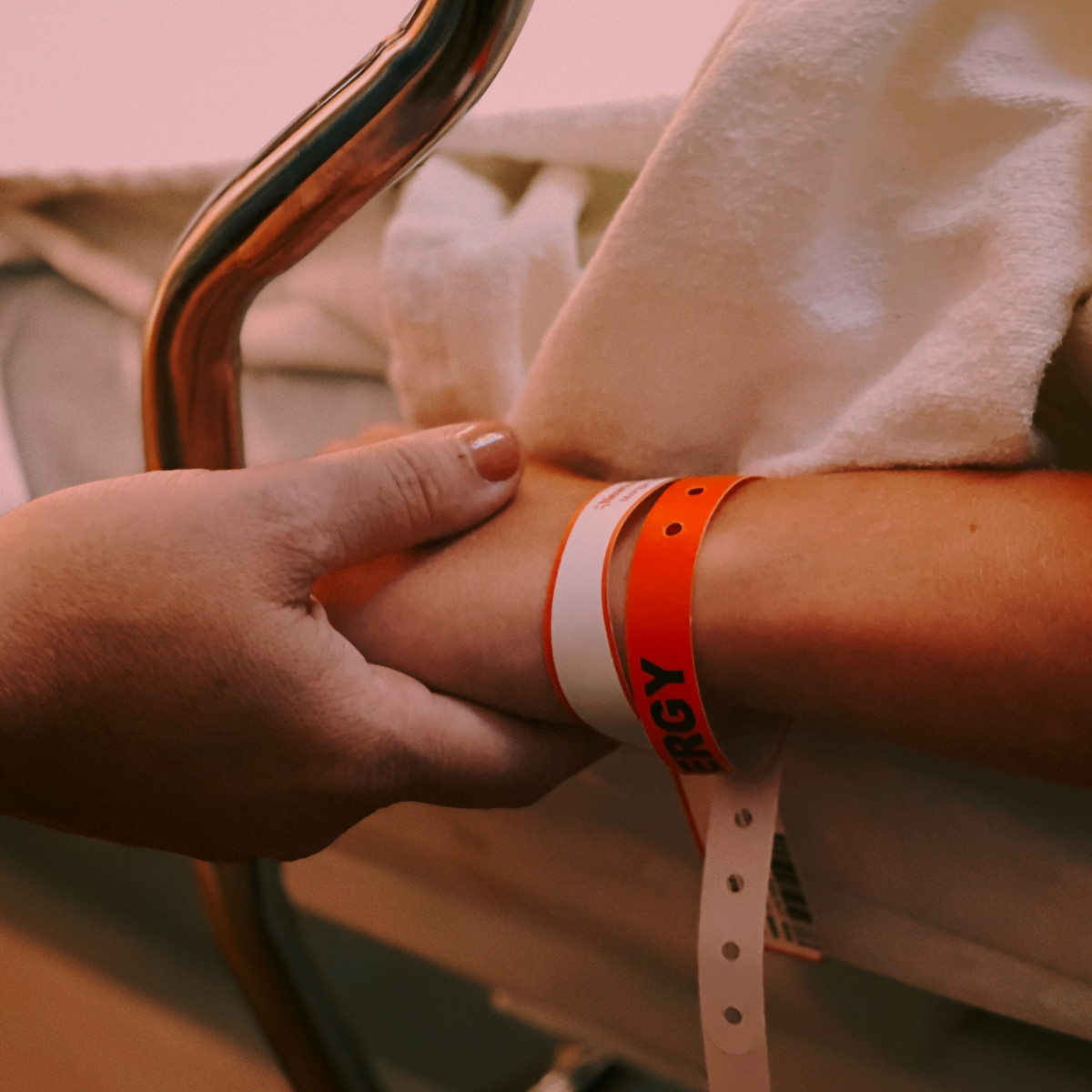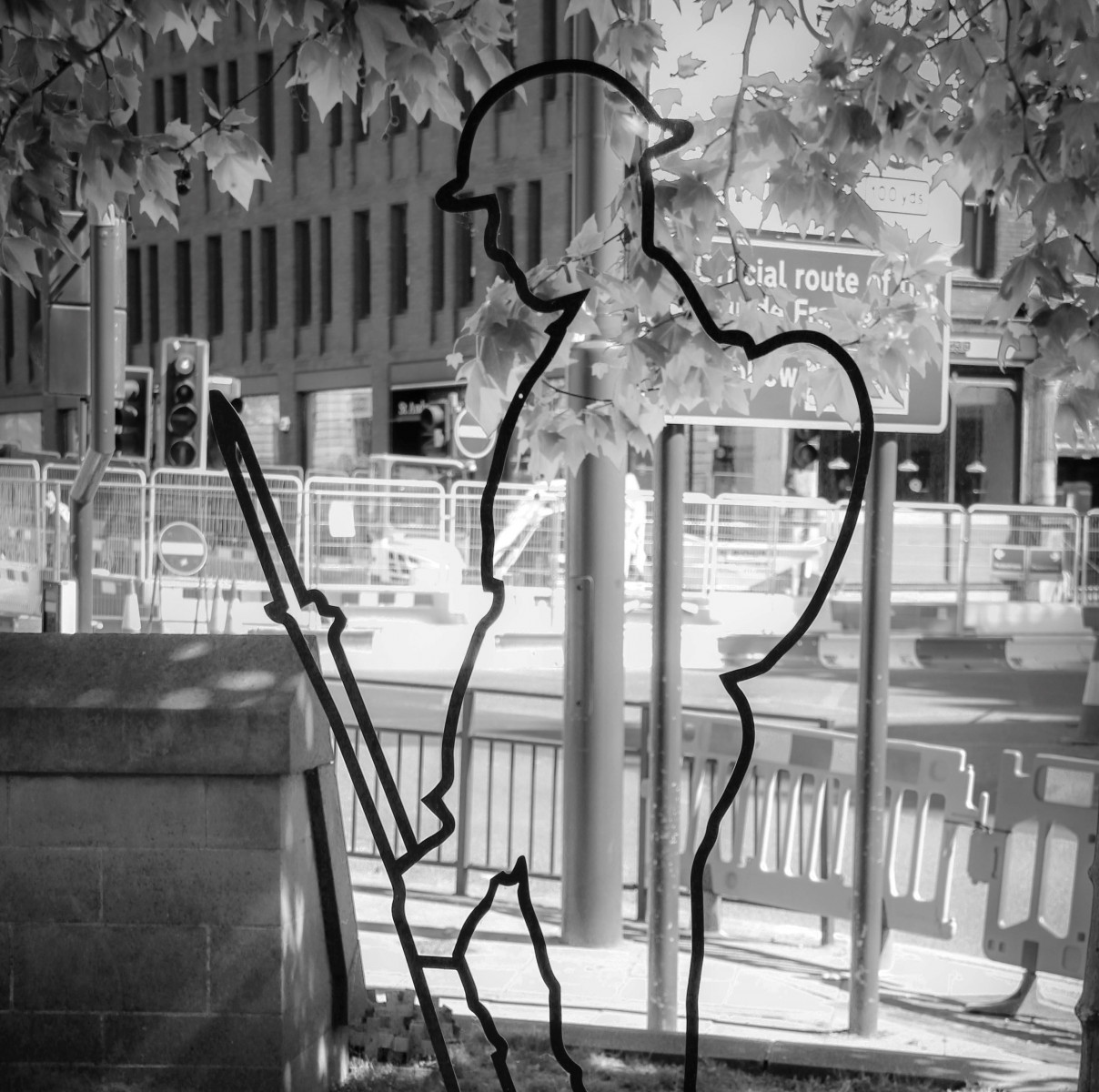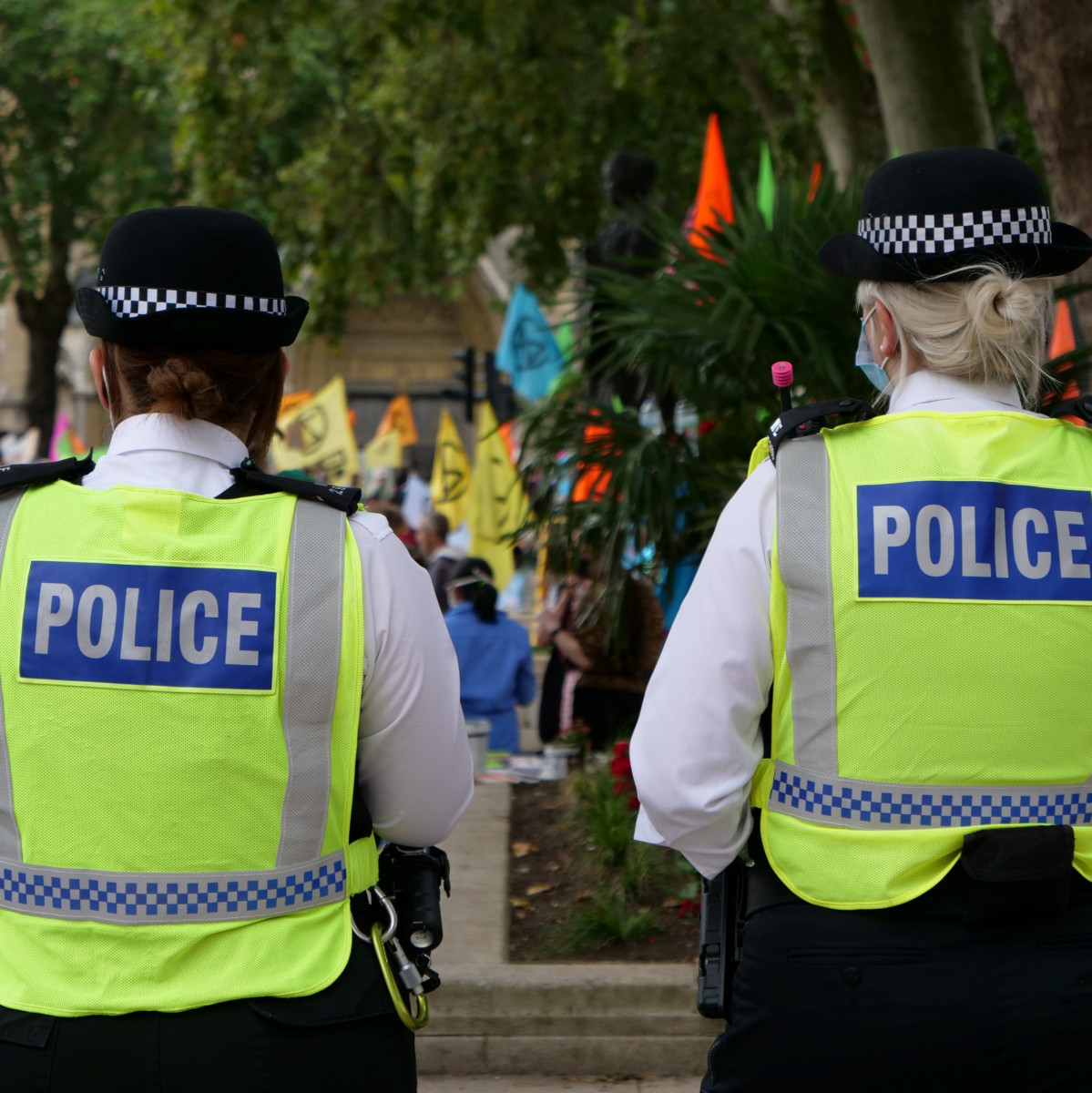| Chaplains are often priests, although sometimes are lay people, who work in institutions, such as schools or prisons, or in the community, such as sports chaplains. Bishop John has oversight of chaplains in the Diocese. For queries about chaplaincies please contact Revd Helen Dearnley. |
 |
Hospital Chaplaincy
Chaplains work in hospitals, hospices, GP surgeries, rehabilitation units and the community. Both in a paid and voluntary capacity in the NHS and independent and charitable healthcare facilities. There are a number of chaplains in the diocese working in healthcare settings. They help both patients, relatives and staff by offering:
|
Prison ChaplaincyPrison Chaplaincies are usually a multi-faith team inside the prison that care for the spiritual and emotional well-being of prisoners, and help with some aspects of prisoner rehabilitation. Prisoners often have limited opportunities to spend time outside their cells in meaningful activities, so the services that Chaplaincy offer can be a lifeline. At the moment there are two prisons in the Diocese, HMP Peterborough and HMP Stocken, but a third will be opening in Wellingborough. They have Anglican priests working in them, both in a voluntary and paid capacity. The Welcome DirectoryThe Welcome Directory helps faith communities welcome people leaving prison. Peterborough Diocese is to be the pilot diocese, aiming to register as many parishes to this as possible by mid-May 2022. Click here for more details. Prisons Week 9-25 October 2022Prisons Week raises awareness and generates prayer. It motivates volunteers to step forward and give their time and gifts, in prisons and in their own communities. It provides an annual focus and reason for Christians to work together, building capacity and motivation to make a difference for people who are out of sight and often out of mind. Prisons Sunday – the second Sunday in October – marks the beginning of the week of prayer each year, running through until the following Saturday. |
 |
 |
School ChaplaincySchool chaplains work in many different types of schools – those set up by the Church of England or other religious bodies, and those which have no formal connection with the church at all. For many pupils, that might be their main contact with the Church. They are there for all staff, pupils, parents, governors and the community which the school serves, regardless of the faith or belief of those groups and individuals. Every school is different and so there is no one single model for school chaplaincy: chaplains themselves have different backgrounds, some are clergy and some are lay people, some teach and others do not, some combine their chaplaincy with another role, for instance leading a local church. |
Armed Forces ChaplaincyChaplains based in the military provide spiritual support, strength and guidance to service personnel and their families. They are a valuable source of personal well-being and guidance in times of war and peace. Armed Forces chaplains are licensed by the Archbishop, rather than their local bishop, although many also seek permission from their local bishop to help out in parishes neighbouring their base. Here is some further information about how the Archbishop supports those in forces chaplaincy. |
 |
 |
Police ChaplaincyIn the police the basic role of the chaplain is to care: to care for the individuals within each force and to care for the organisation itself. Chaplains are in a unique position because they are not part of the structure, nor are they required to report in detail what they do. Their work is totally confidential. Further information can be found about police chaplaincy on their website. |
Sports ChaplaincyAll sport, whether professional or amateur, is based on performance. However sports chaplaincy, which is voluntary, covers the other aspects of those who take part. It focuses on the ‘heart’ concerns, such as injury, loss of form and the variety of personal challenges in life. Crucially it offers a confidential ‘listening ear’ to anyone associated with sport that needs it. Click here for detail of the sports chaplains in the diocese. For further details on sports chaplaincy and how you can support this work in the UK, including becoming a ‘Champion Church’ or a ‘VIP Supporter’, please visit SCUK . |
 |